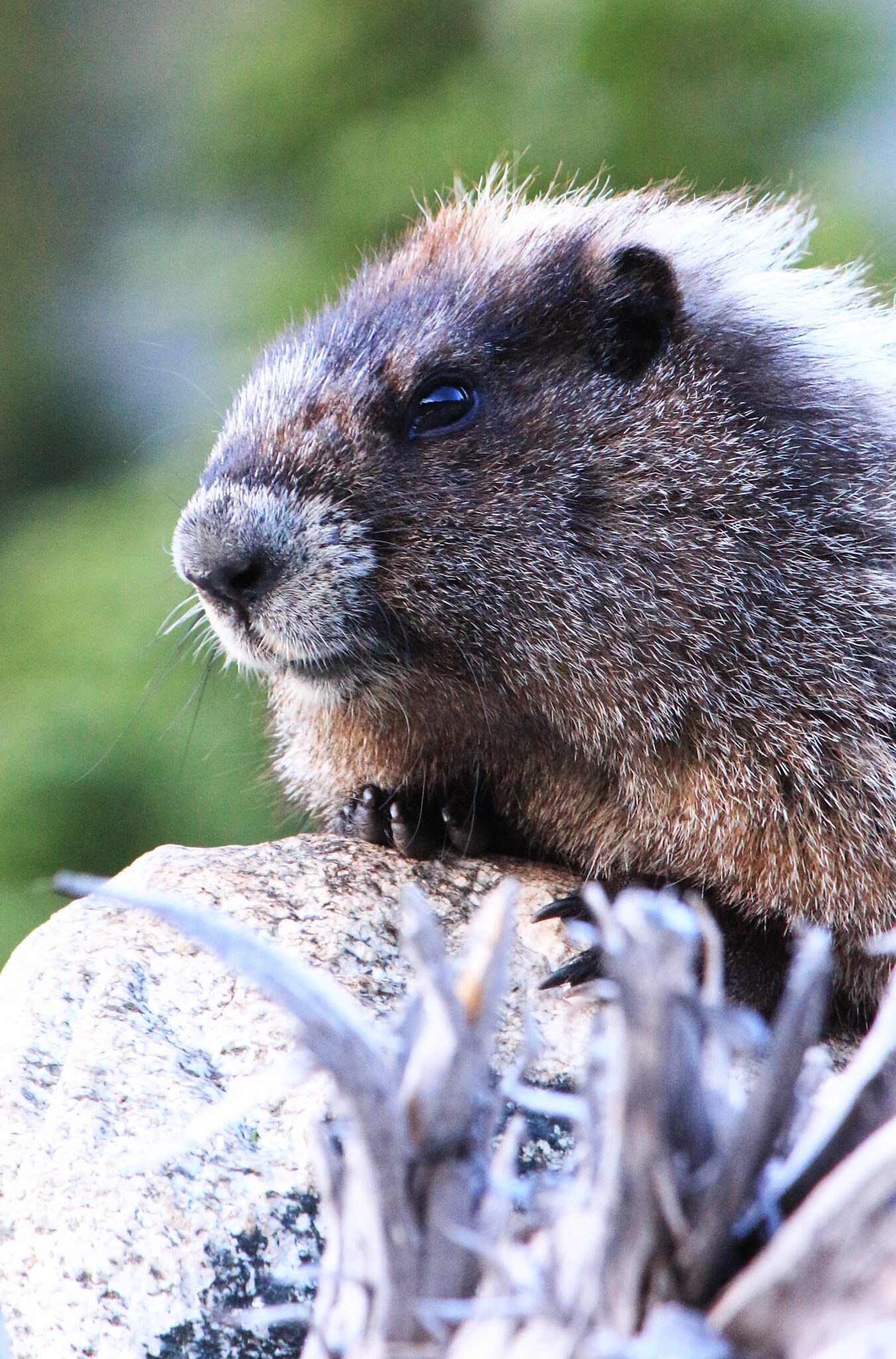In late March, Seattle City Light selected recipients for the 2023 Wildlife Research Grants, funded by the Wildlife Research Program (WRP).
City Light offers wildlife-research funding to qualified recipients for the purpose of developing understanding, management, and protection of wildlife resources in the North Cascades ecosystem. Since 1999, WRP has funded more than 70 projects, which have helped inform agencies, support graduate school theses, and even been published in professional journals.
This year, four new projects have been selected for grants with additional funding added to an ongoing project. Information for this year’s recipients includes the following:

Project Title: “Are beaver dam analogs an effective restoration strategy for ecosystem function in wildfire-impacted Pacific Northwest watersheds?”
- Grantee: Eastern Washington University
- This grant extends WRP funding for this project. The new grant allows researchers to continue assessing the ability of constructed beaver dam analogs in streams to positively affect water quality and riparian vegetation in watersheds affected by large wildfires.
Project Title: “Weaving snowshoe hares into the food web of climate-resilient forests in the North Cascades”
- Grantee: Washington State University
- The study will support a portion of a long-term study of Canada lynx (a species listed as threatened under the federal Endangered Species Act and endangered by Washington state) on the Loomis State Forest. The study will specifically assess the effects of silvicultural prescriptions aimed at promoting forest health and wildlife habitat in the face of climate change, particularly for the primary lynx prey species: snowshoe hare.
Project Title: “Relating talus characteristics to habitat use by vulnerable alpine mammals in a changing climate”
- Grantee: Washington State University
- The study will evaluate new innovative techniques to assess the habitat quality of rock talus areas that are critical for pikas and marmots for thermal insulation in the face of the warming climate and as predation refuges.
Project Title: “Life on the Edge: Large Mammal Populations on a Wolf Recolonization Frontier”
- Grantee: Swinomish Indian Tribal Community
- This study will use standardized sampling methods to assess the presence and pack status of gray wolves and the relative abundance and distribution of black-tailed deer, elk, cougars, and black bears in portions of the Greater North Cascades Ecosystem. The information obtained from the study will be useful for future management of these species in the Skagit River watershed.
Project Title: “Bumblebee Community Composition and Phenology in Whatcom and Skagit Counties, with Focus on Recovery of Western Bumblebee and Potential Threats from Invasive Eastern Bumblebee”
- Grantee: Western Washington University
- This study will establish community composition and phenology data for native western bumble bees in lowland Whatcom and Skagit county and document the spread of the non-native eastern bumble bee. This information will be useful as a baseline for future monitoring of climate change effects and species shifts.
Congratulations to this year’s recipients! A list of previous recipients and more information on the Wildlife Research Grants Program is available on our website.


